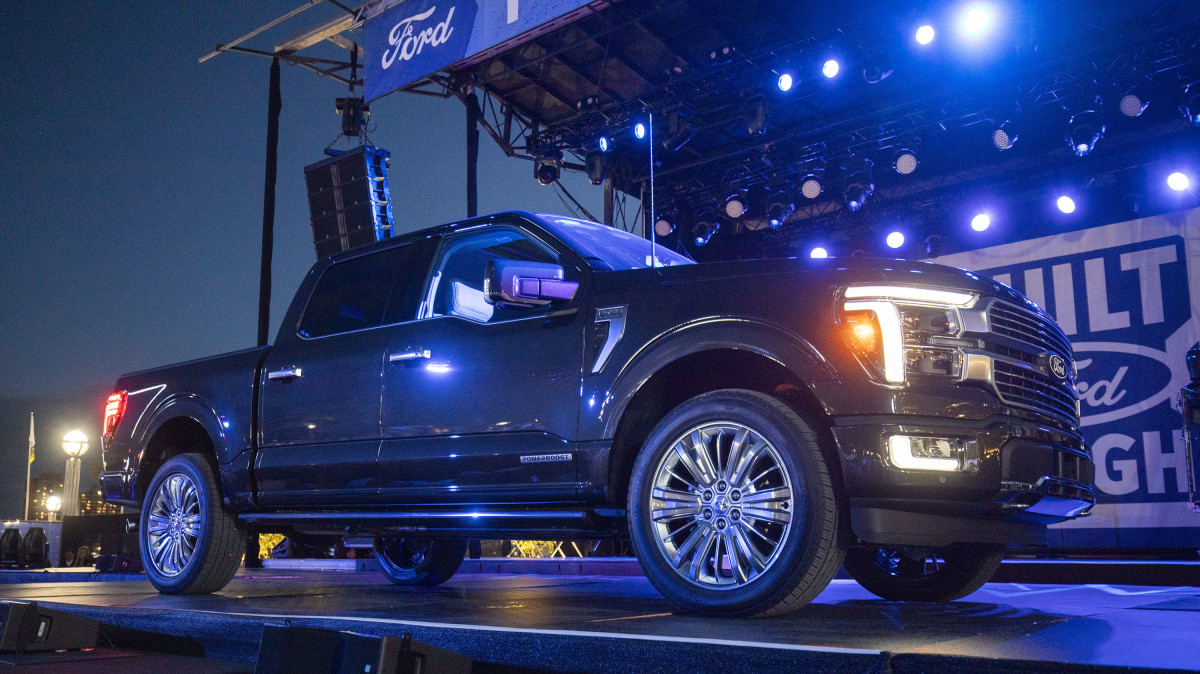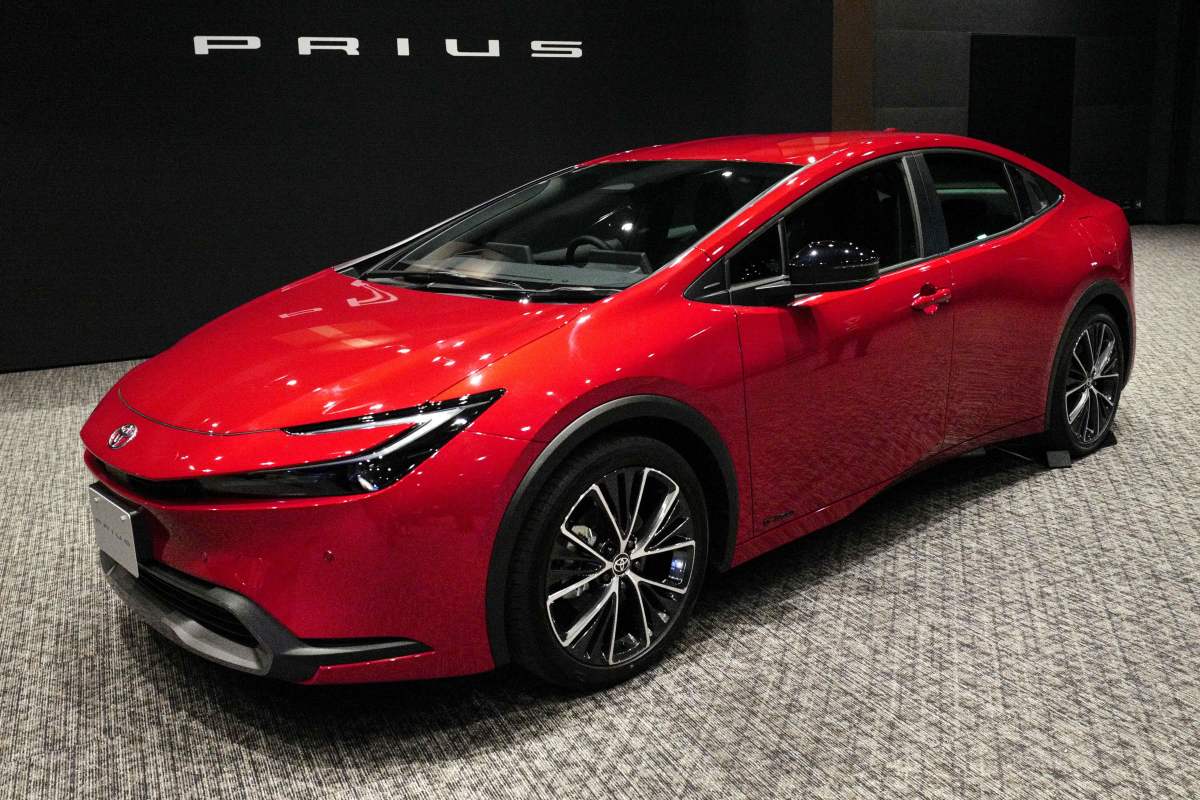
The latest and greatest of today’s automotive technology revolves around electric cars. With a wide selection of models ranging from compacts like the Tesla (TSLA) -) Model 3 to large pickup trucks like the Ford (F) -) F-150 Lightning, there seems to be a model for everyone.
According to Cox Automotive, the average price of a new electric vehicle was sold for around $53,469, a price that is not entirely attractive to most buyers. Additionally, the presence of range anxiety and an underdeveloped charging infrastructure in the United States create conditions that do not make EV ownership a practical reality for many buyers.
Car buyers are willing to give up their gas-guzzlers for good, but as Bloomberg reports, they aren’t making the jump straight to fully-electric vehicles; they’re buying hybrids.
Data from analytics firm GlobalData shows that sales of hybrid cars — cars that combine the use of electric power with a gas powered engine, more than doubled in the United States since 2020.

Although hybrids are still gas-powered cars that still have to be filled up at gas stations, it is still a small, but mighty step in the right direction. Popular models like the compact Toyota (TM) -) Prius can get up to an EPA estimated 57 miles per gallon in combined city and highway driving.
For drivers who are accustomed to the luxury of having gas stations nearby, it can make a difference when it comes to spending at the pump. GlobalData automotive executive vice president Jeff Schuster told Bloomberg that the shift to mass adoption of electric vehicles; like many things in the automotive industry, does not happen overnight.
“The auto industry doesn’t function in a mode where you just flip a switch and everything’s different,” said Schuster. “[Hybrids are] a way for the mass market to start edging into electric vehicles.”
Manufacturers notice the trend

Automotive giants who have funneled billions into electric vehicles are slowly beginning to see the trend. Ford currently has electric offerings like the Mustang Mach-e crossover SUV and the F-150 Lightning pickup, but is making strategic moves to position hybrids closer to its fully-gas powered cars. It is doubling the production of the hybrid version of the F-150, as well as cutting its price to compete with the fully-gas-powered version.
More Technology:
- The company behind ChatGPT is now facing a massive lawsuit
- Prominent EV company says latest deal will be the first of many
- Apple makes a big new move with Elon Musk's Twitter
In an earnings call in July, Ford CEO Jim Farley told investors that the company is “surprised” at the popularity of hybrids.
On the flip side, Toyota has been spending close to $50 billion on EVs and introduced new production methods that would help them roll out more electric models. However, former chairman Akio Toyoda predicted that many buyers aren’t ready to fully embrace EVs and that they should be afforded the choice to choose what kind of car they want.
“Toyota is a department store of all sorts of powertrains,” Toyoda said at a 2022 dealer meeting. “It’s not right for the department store to say, ‘This is the product you should buy.’”
Action Alerts PLUS offers expert portfolio guidance to help you make informed investing decisions. Sign up now.







